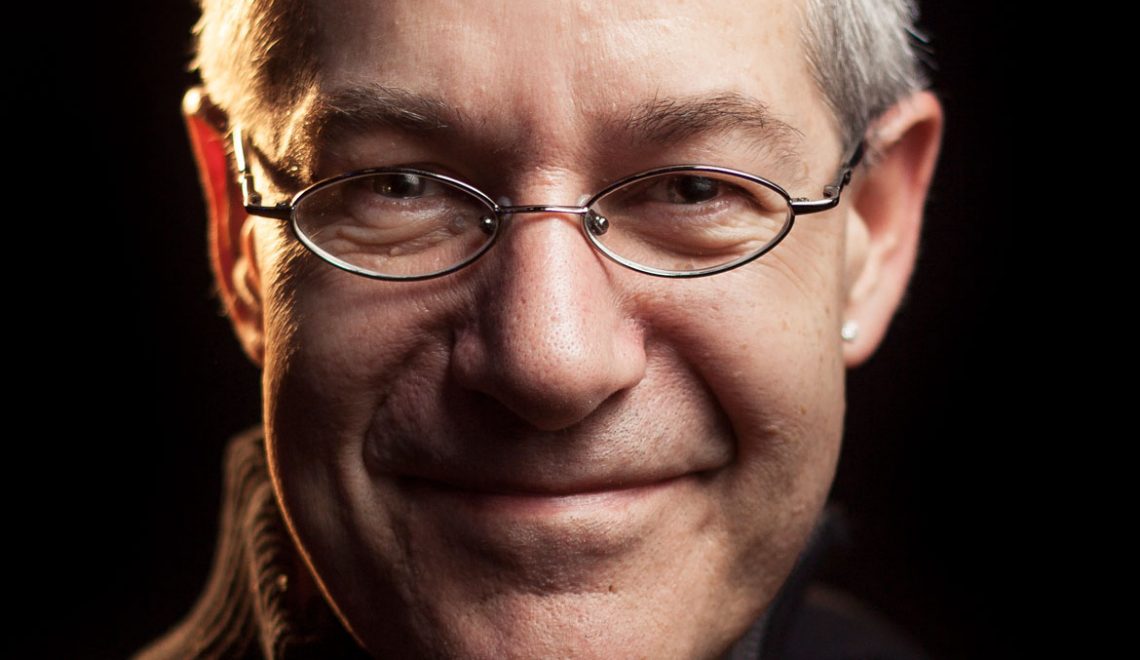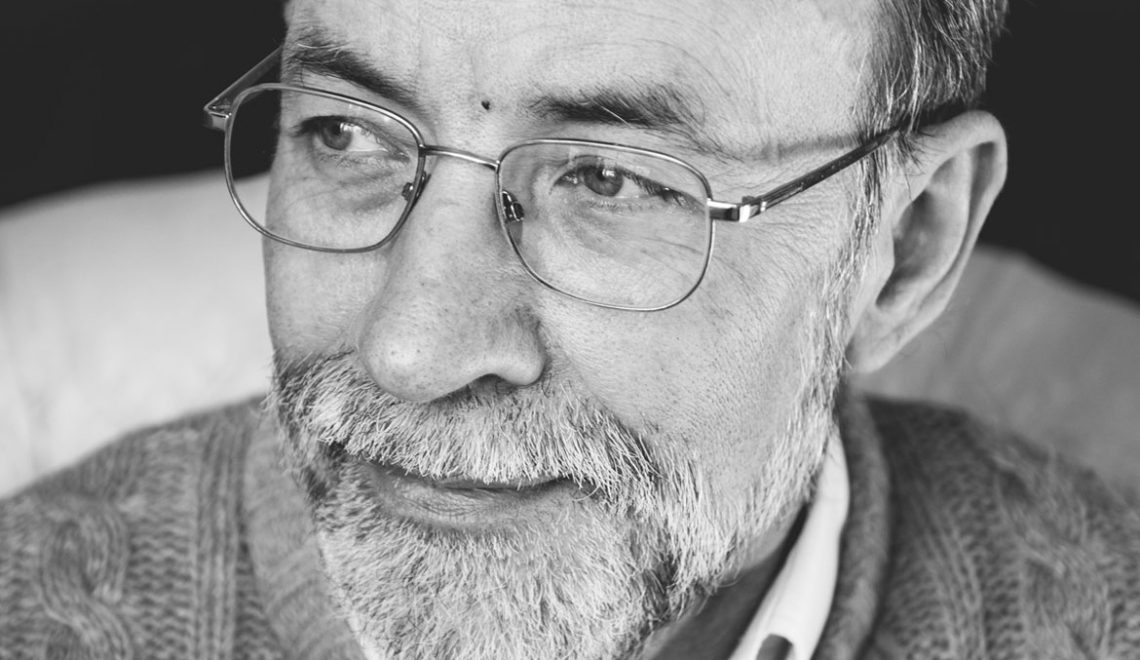Philosophy is all around us. We may question why and how things work or whether life has a meaning or not. We may rationally investigate into trivial matters and life-changing ones too. We may look at the reasoning behind our morals and behaviour. People express these questions about life in imaginative ways like art, music and writing. One form is by adding it into one of our favourite past times; movies. They offer us escape, fun, fantasy, moral dilemma and education. A lot of the recent mainstream movies have been disappointingly bland, with a sway towards special effects and noise rather than good storylines or acting. But here are the 10 best philosophical movies that question the meaning of life and its many windy paths, as well as leaving you thinking about the story for months. As someone once said, there is more reality in a story than there is in real life.
Oh, and don’t worry, there are no spoilers here.
1. A Monster Calls
This is a moving and upsetting film about a boy who is going through something a child should never go through; his mother is dying from cancer. A monster arrives and tells him three stories. The boy, like anyone his age, cannot come to terms with his mother dying. The story deals with accepting facts, no matter how harsh they are, and about not feeling guilty about normal human emotions one can experience through life.
2. Shutter Island
A victory for anyone who is/has suffered, worked with, or knows someone going through mental health. The story is the ultimate Mental Health Care Plan! It focuses on the ever-brilliant actor Leonardo Di Caprio, playing a detective investigating a murder on an island. It makes you think about the things we suppress in life; are our deepest pains worth destroying, which has a steep price as it may also take away our personality and memories, or do we just embrace the pain and try to deal with it.
3. Forgotten (Korean)
Many people may not know this movie. I am a huge fan of Korean Cinema as they rely heavily on good acting, storylines and mystery rather than the tired and often paper-thin thinking of Hollywood. This film is a mystery thriller and it deals with the issue of revenge; how far one would go to get it, and in the end is it really worth it as it may only offer an uncomfortable closure.
4. Inception
I can positively say that Christopher Nolan is a genius. Every film he has made has been deep, meaningful and full of characters facing moralistic dilemmas. Inception is no exception, a fresh and original movie about the dreamworld. Would you live a life being happy and living with your children even if you knew it wasn’t real? And furthermore, what even is reality? Maybe our dreams are real and our lives spent working in Tesco or going to the park are a made up reality. The film deals with a lot of issues (not about Tesco or the park) like how important and powerful ideas are, and about letting go of things that are only in our minds.
5. Split
Another wonderful film highlighting issues in mental health. I am a mental health worker and it is often portrayed negatively in society. People who suffer from any kind of illness, whether it be physical or mental, are human beings and they deserve all the care and respect as any other human being. The film deals with this; what if we all have different personalities with different needs and issues? And what if the most powerful mindset is the ID, the dark side to our nature, and once unleashed, it can cause pain and suffering to others.
6. Interstellar
This is a fantastic science movie and you’re probably thinking about what it has to do with philosophy. Although some of the science bits are over the top, it does deal with a lot of ‘hard science’, something rarely seen in films. It delves into time travel, life-changing decisions that affect families and children, the power of technology, selfishness and many more debatable issues. But a key part in the movie is the destruction of our planet and the need to move to another. The world WILL BE inhospitable one day, either by our lack of respect for nature and its resources, or whether it is a natural event that causes it. Maybe it will happen in a hundred, a thousand, who knows how many years. So, is space travel justifiable? And if we do survive long enough as a species on earth, what will we learn about space and our intelligence?
7. V for Vendetta
Hugo Weaving is a terrific actor. Here he plays V, a character from a DC Comic. The face is easily recognisable and it is regarded as Mr Anonymous, a stand against authority and government control. The government have strict control over its people but one man stands up against them by using violence. Should that be the way to stand against tyranny? Is there a more civil approach, even if the offenders are anything but civil? So how should one ‘fight’ for freedom if one has been oppressed viciously? Also, do we need to struggle and go through a near death experience to truly value what freedom is?
8. Butterfly Effect
This may surprise a few, and it is probably because the film has more holes than a golf course. But the premise is good and it deals with this issue; if you could go back in time and change the past to suit your needs, would you do it, even if it made the future for others worse?
9. Pan’s Labyrinth
A stunning film with probably the best piece of theme music in any film (probably a tie with Lord Of The Rings). Fantasy films are often focused on visuality rather than storylines. This has both and it’s made by the visionary director Guillermo Del Toro. Ofelia, the main character, dives into a fantasy world to deal with the Spanish Civil War, her father’s death and her mother’s new husband. Children are the most amazing things in the world and if they feel in danger or are subjected to abuse, they often use tools to escape. It also deals with this; should children obey their parents/elders, or should they choose their own path in life? Should we as adults listen to our governments, who are in essence the parents of the country, or should we disobey if we see something wrong?
10. Oldboy (Korean)
Forget the American version. If you haven’t seen the Korean one, WATCH IT NOW! One of a trilogy of revenge films, Oldboy is not for the weak hearted. Should we take revenge on people who wrong us? Should we be punished for petty things and made to suffer for it? And once/if we get the revenge, what do we do then with our lives? Is revenge justice or personal closure? Possibly one of the best philosophical movies ever made?
I hope you enjoyed reading the article on philosophical movies, please feel free to share your thoughts. Any you think we’ve missed out?
The opinions in The Freethink Tank’s Opinion and Entertainment categories are those of the author and are no reflection of the views of the website or its owner.
Advertisement









